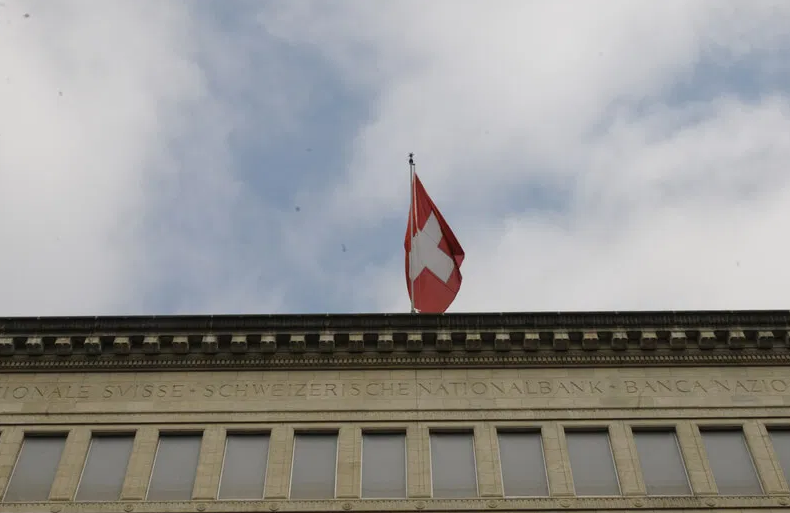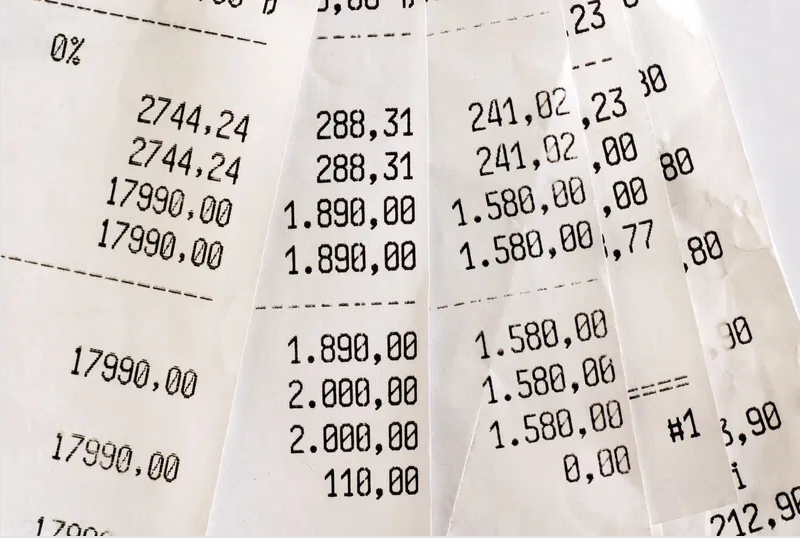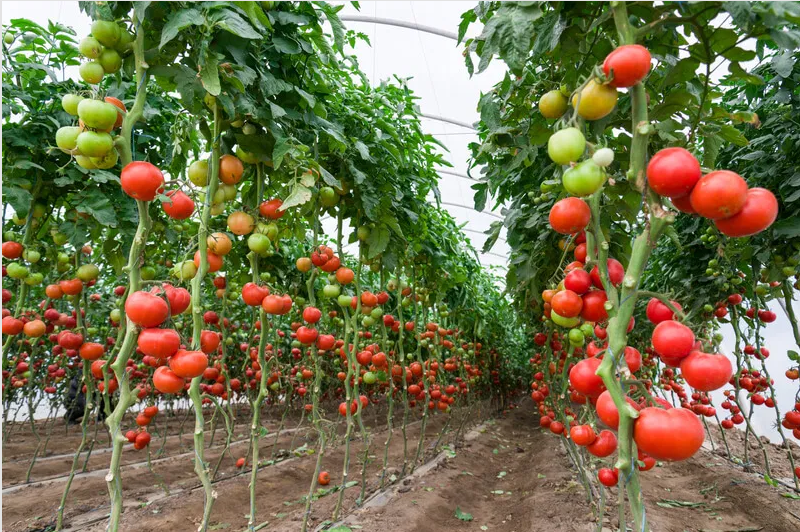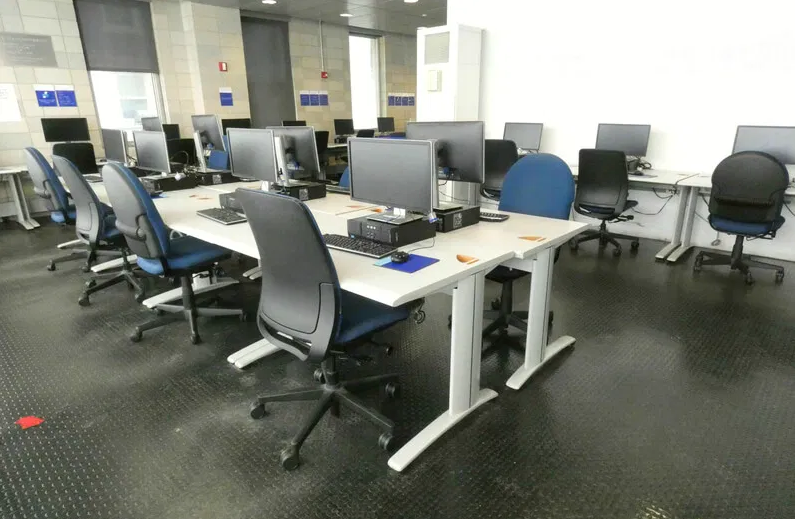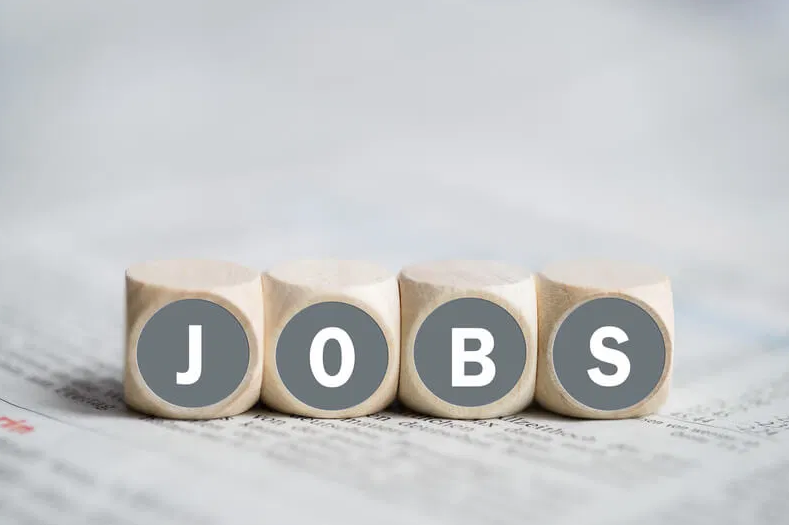Tag Archive: Personal finance
Unemployment up sharply in April in Switzerland
The unemployment rate in Switzerland rose to 3.3% in April 2020, up from 2.9% the month before, a rise of nearly 14%. By 30 April 2020, there were 153,413 people registered as unemployed at Switzerland’s regional placement offices. Young workers were the hardest hit. Unemployment among those aged 15 to 24 rose by 18.1% compared to March 2020 and by 61.3% compared to April 2019.
Read More »
Read More »
Swiss National Bank to distribute 4 billion francs of profit
In 2019, the Swiss National Bank (SNB) made a profit of around CHF 49 billion. These profits came mainly from the rising value of the assets on the bank’s balance sheet. In 2019, the value of its holdings of foreign currency and gold rose substantially. When combined with interest, dividend income and gains on shares total profits for the year were CHF 49 billion.
Read More »
Read More »
Potential relief for some Swiss renters
Every three months the rate of interest used to benchmark Swiss rents is reviewed. If it goes down some renters have the right to request a decrease in rent. This time the reference rate fell from 1.50% to 1.25%.
The last time it dropped was 2 June 2017 when it fell to 1.5%. The rate is based on the average Swiss mortgage rate over three months.
Read More »
Read More »
Portugal set to end tax holidays for foreign residents
Recently, the government of Portugal said it was looking at introducing a tax on foreigners residing in the country on special tax holidays, according to the magazine Bilan. Currently, foreigners moving to Portugal who spend at least 180 days a year in the country pay no income tax for a period of 10 years under a scheme that was launched 11 years ago.
Read More »
Read More »
Poverty rate falls slightly in Switzerland
In 2018, the percentage of the population in Switzerland living below the poverty line fell from 8.2% (2017) to 7.9%, returning to the same level as it was in 2010. Most affected by poverty were those aged under 18 (9.6%) and those aged over 64 (13.7%).
Read More »
Read More »
Switzerland moves closer to taxing flights
A Swiss parliamentary commission, tasked with looking at the introduction of an environmental tax on flights departing from Switzerland, recently voted in favour a such a tax. A majority of 17 to 8 members voted in favour of the move. The tax would range from CHF 30 to CHF 120 per passenger depending on flight distance and class.
Read More »
Read More »
Swiss National Bank expects annual profit of 49 billion francs
According to provisional calculations, the Swiss National Bank (SNB) expects to make a profit of around CHF 49 billion in 2019. Most of this comes from the rising value of the SNB’s foreign currency positions (+CHF 40 billion) and a valuation gain on gold holdings (+CHF 6.9 billion).
Read More »
Read More »
Facebook’s Libra has failed, says Switzerland’s president
Facebook’s plan to launch its digital currency Libra is unlikely to succeed Ueli Maurer, Switzerland’s president, told SRF. Maurer doesn’t think central banks will accept the basket of currencies underpinning the cryptocurrency. “The project, in this form, has thus failed” he said.
Read More »
Read More »
Swiss government makes it easier to get paid for work done on the train
From 1 January 2020, it will be much easier for Switzerland’s 38,000 federal government employees to get paid for working on the train, according to the newspaper Tages-Anzeiger. Until the beginning of this year, working on the train on the way to and from work was only rewarded in exceptional instances and even then it was only partially counted.
Read More »
Read More »
Unemployment in Geneva higher than neighbouring France
In December last year, the Observatoire statistique transfrontalier published unemployment figures for the French region surrounding Geneva. French unemployment calculations follow the method used by the International Labour Organisation (ILO), which include all job seekers, according to Tribune de Genève.
Read More »
Read More »
Number on welfare in Switzerland falls for first time in 10 years
In 2018, the number of people receiving social welfare in Switzerland fell from 278,300, or 3.3% of the population, to 272,700, 3.2% of the population. The last time the number fell was in 2008 when it dropped from 3.1% (233,500) to 2.9% (222,600) of the population.
Read More »
Read More »
Switzerland’s high prices – a European comparison
Recently published data shows how prices compare across Europe. The data, collected by Eurostat, compares prices across a number of categories of spending in 2018. Average prices across the EU-28 are used as a base.
Read More »
Read More »
Swiss visit doctor less often than most of Europe
In 2017, an average Swiss resident visited a medical professional 4.32 times, according to data recently published by Eurostat. Only residents of Denmark (4.30), Sweden (2.77) and Cyprus (2.09) went to see a doctor less often. The average number of visits across those European countries with 2017 data was 6.84.
Read More »
Read More »
Money for nothing – Swiss government gets paid to borrow
Imagine borrowing CHF 105,500 but only having to repay CHF 100,000 in 20 years time, including interest. You’d get an interest free loan plus an extra CHF 5,500 to keep. This is what the Swiss federal government will do on 20 December 2019, except it will borrow CHF 196.6 million by issuing zero interest bonds at a price of 105.5%. The government will generate a CHF 10.25 million windfall.
Read More »
Read More »
Another month of falling prices in Switzerland
Swiss prices fell by 0.1% in November 2019, the sixth time in 12 months. But not everything is cheaper. Prices fell in December 2018 (-0.3%), January 2019 (-0.3), July (-0.5), September (-0.1), October (-0.2%) and November 2019 (-0.1). When combined with the low inflation experienced in the other 6 months the 12-month price drop is -0.1%.
Read More »
Read More »
Some Swiss import duties could be axed
Swiss import duties on a number of industrial products might disappear if a plan put forward by Guy Parmelin, Switzerland’s economic’s minister, is approved by the National Council, Switzerland’s parliament. The changes are expected to benefit businesses and consumers by around CHF 860 million a year. On the other hand, the government will miss out on collecting roughly CHF 500 million a year of revenue from import duties.
Read More »
Read More »
Switzerland’s skilled worker shortage worsens
At 30 September 2019, Switzerland had 79,000 job vacancies and 225,000 unemployed workers. This combination of unemployment and job vacancies can largely be explained by two things. The first is frictional unemployment, the period spent in between jobs. This typically increases when there is a lot of job changing. The second is a skills mismatch. Employers cannot find the skills they need among those seeking work.
Read More »
Read More »
1 in 10 Swiss hospitals facing financial difficulty
Around one hospital in ten in Switzerland could end up in financial difficultly, according to a report by PWC. In addition, 37 of the 44 hospitals surveyed will not be profitable enough to remain competitive over the next five to ten years, predict the authors of the report.
Read More »
Read More »
Number of jobs reaches all-time high in Switzerland
Unemployment rose in the third quarter of 2019, however, there have never been more jobs in Switzerland. The total number of jobs in Switzerland rose to 5.137 million at 30 September 2019, a level never seen before. The figure was 1.3% higher than at 30 September 2018 and 0.3% higher than 30 June 2019.
Read More »
Read More »
Federal Council paves way for VAT refund on Billag fee
At its meeting on 27 November 2019, the Federal Council set out its plan for the refund of value-added tax (VAT) on Switzerland’s radio and television licence, formerly known as Billag. Between 2010 and 2015, VAT was charged on Swiss television and radio licences.
Read More »
Read More »










